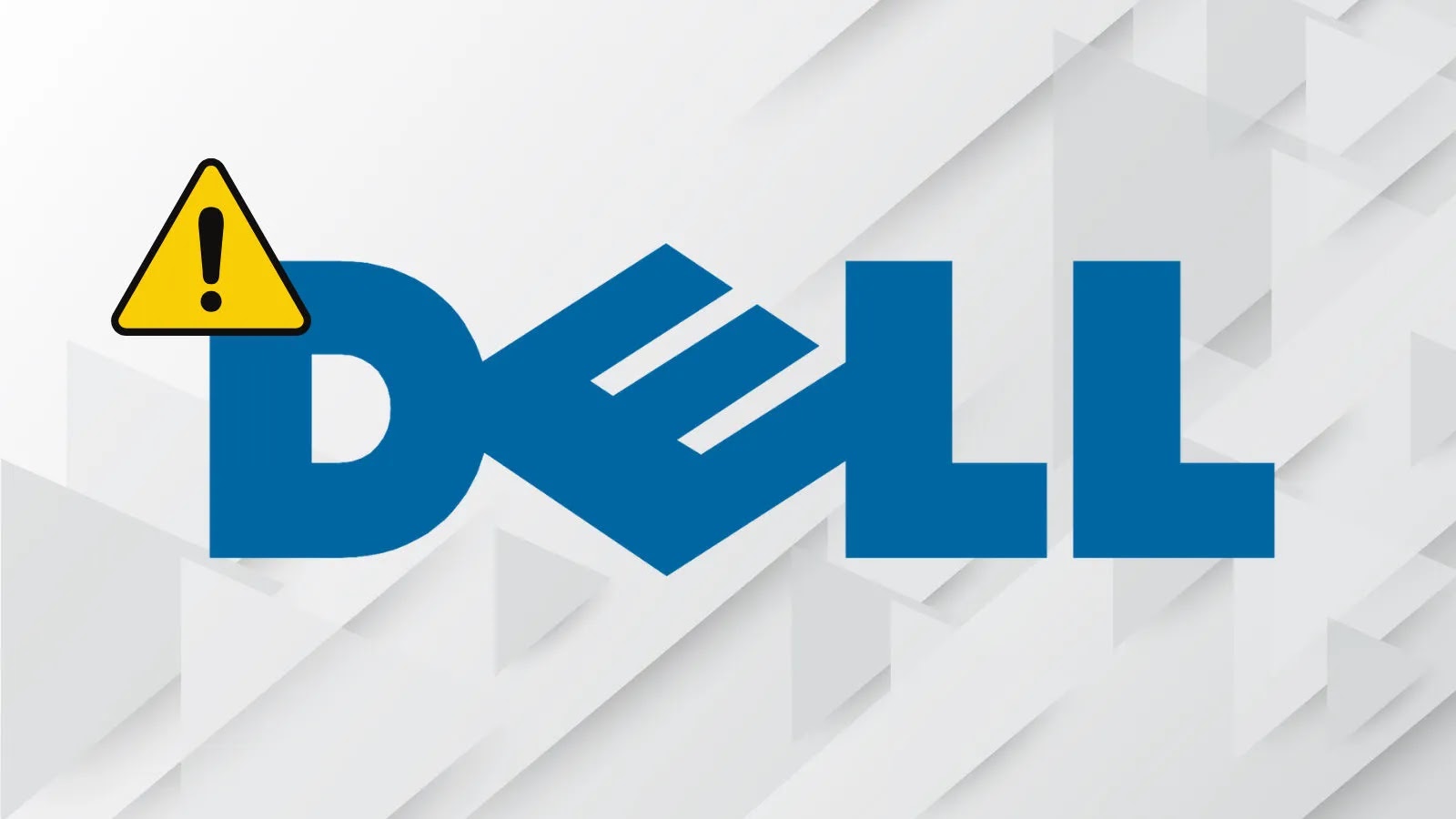
Critical Dell Storage Manager Vulnerabilities Let Attackers Compromise System
In the intricate landscape of modern IT infrastructure, robust storage management solutions are paramount. Dell Storage Manager (DSM) serves a critical role for numerous organizations, overseeing vital data assets. However, recent disclosures from Dell Technologies reveal a concerning set of critical vulnerabilities within DSM that demand immediate attention. These flaws could expose sensitive information, bypass authentication mechanisms, and even grant unauthorized system access, posing a significant risk to the integrity and confidentiality of enterprise data.
Understanding the Critical Dell Storage Manager Vulnerabilities
Dell’s October 24, 2025 announcement detailed three critical vulnerabilities affecting Dell Storage Manager versions up to and including 20.1.21. These security weaknesses could allow malicious actors to compromise systems in several dangerous ways:
- Authentication Bypass: Attackers could potentially circumnavigate established authentication protocols, gaining illicit entry into the system without proper credentials.
- Sensitive Information Disclosure: Exploitation of these vulnerabilities could lead to the unauthorized exposure of confidential data, potentially including system configurations, user credentials, or other business-critical information.
- Unauthorized System Access: The most severe implication is the potential for attackers to gain full unauthorized access to the compromised Storage Manager instance, allowing them to manipulate storage resources, disrupt operations, or exfiltrate data.
Detailed Vulnerability Breakdown
While the initial disclosure provides a summary, cybersecurity analysts often delve deeper into the specifics of each vulnerability to understand their potential impact and attack vectors. The three critical flaws are:
- CVE-2025-XXXXX (Authentication Bypass): This vulnerability, yet to be fully detailed with a public CVE, allows an attacker to bypass authentication in Dell Storage Manager. Such a flaw is particularly dangerous as it undermines the very first line of defense, making the system accessible to unauthorized users without proper credentials. Organizations should be aware that this could lead to full system compromise if exploited effectively.
- CVE-2025-YYYYY (Information Disclosure): This unassigned CVE indicates a vulnerability that could result in the disclosure of sensitive information. Depending on the nature of the information exposed, this could range from network topology data to configuration files or even user hashes, providing attackers with valuable insights for further exploitation.
- CVE-2025-ZZZZZ (Unauthorized Access): This critical vulnerability, also awaiting its public CVE, directly enables unauthorized access to the system. This type of flaw often leverages weaknesses in session management, privilege escalation, or insecure handling of API endpoints, culminating in an attacker gaining control over the affected DSM instance.
Note: The CVE IDs (CVE-2025-XXXXX, CVE-2025-YYYYY, CVE-2025-ZZZZZ) are placeholders. Organizations should refer to Dell’s official security advisories for the precise and updated CVE numbers once they are publicly assigned.
Impact on Organizations
Organizations leveraging Dell Storage Manager for their storage infrastructure face significant risks due to these vulnerabilities. A successful exploit could lead to:
- Data Breach: Exposure of sensitive corporate or customer data.
- Operational Disruption: Attackers could tamper with storage configurations, leading to data loss or service outages.
- Reputational Damage: A compromise can severely damage an organization’s trust and standing.
- Compliance Violations: Failure to address critical vulnerabilities can result in non-compliance with regulatory mandates (e.g., GDPR, HIPAA).
Remediation Actions
Addressing these critical Dell Storage Manager vulnerabilities is paramount. Organizations should prioritize the following actions to mitigate risk:
- Immediate Patching: Upgrade Dell Storage Manager to the latest version. Dell Technologies typically releases patches promptly for critical vulnerabilities. Organizations should consult Dell’s official support channels and security advisories for the recommended patched versions (e.g., 20.1.22 or later).
- Network Segmentation: Ensure Dell Storage Manager instances are isolated within a dedicated management network, limiting direct exposure to the internet or less trusted network segments.
- Principle of Least Privilege: Review and enforce strict access controls. Grant only the necessary permissions to users and services interacting with DSM.
- Regular Auditing and Monitoring: Implement continuous monitoring for unusual activity within the Dell Storage Manager interface and underlying systems. Regularly audit system logs for signs of compromise or malicious access attempts.
- Incident Response Planning: Ensure your incident response plan is up-to-date and includes procedures for addressing storage system compromises.
Detection and Mitigation Tools
While direct patches are the primary remediation, various cybersecurity tools can aid in detection, scanning, and overall mitigation strategies. These tools help maintain a robust security posture.
| Tool Name | Purpose | Link |
|---|---|---|
| Nessus | Vulnerability scanning and assessment to identify known vulnerabilities. | Tenable Nessus |
| OpenVAS | Open-source vulnerability scanner for network and system assessments. | OpenVAS Project |
| Splunk | SIEM (Security Information and Event Management) for centralized logging and anomaly detection. | Splunk |
| Wireshark | Network Protocol Analyzer for monitoring network traffic for suspicious activity. | Wireshark |
| Dell Support Assist | Dell’s own diagnostic and proactive support tool for system health and updates. | Dell SupportAssist |
Conclusion
The discovery of critical vulnerabilities in Dell Storage Manager underscores the continuous need for vigilance in cybersecurity. Authentication bypass, information disclosure, and unauthorized access are severe risks that can lead to significant organizational damage. Immediate action, primarily through patching and adherence to security best practices, is crucial to protect critical storage infrastructure. Stay informed by monitoring official Dell security advisories and maintain a proactive security posture to defend against evolving threats.





